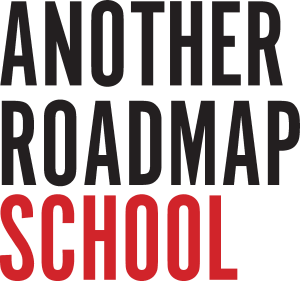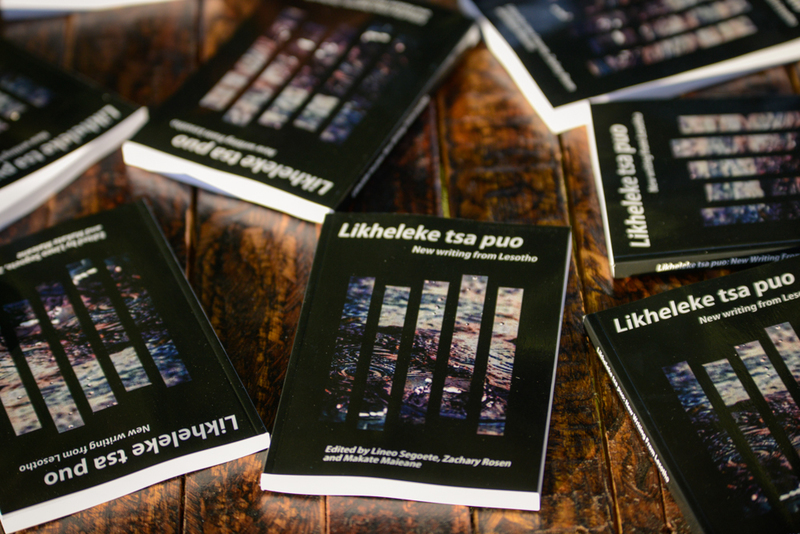PROJECT TITLE: LANGUAGE LITERACY AS AN AGENT FOR CREATIVITY/ARTS EDUCATION
Phase 2.
Prepared by Lineo Segoete and Zachary Rosen
Overview
Our practice-based research seeks to:
- Study current teaching practices/methods in public primary schools to identify gaps as influenced by the historical legacy of literacy education in Lesotho.
- Develop plausible intervention strategies to advance the level of creativity incorporated into Sesotho and English literacy practice for students and teachers.
- Deliver interventions to audiences and evaluate outcomes.
In performing the research, our team will survey students and teachers, each with a different questionnaire, to evaluate the baseline environment and identify opportunities for improvement.
ACTION PLAN 2017-2018
| ACTIVITY | PERSON RESPONSIBLE | TIMELINE |
| Recruit research and writing professionals who will be observers, data collectors and evaluators among our established networks, institutional partners and Ba re e ne re staff. These professionals will collaborate closely with government officials, teachers and principals to collect data as well as identify problem areas and successful best practices in literacy pedagogy at 4 target schools: 2 from 2016 and 2 more selected in 2017, through surveys and interviews. | Lineo and Zachary | Feb-June 2017 |
| Continue the historical study (our literature review) of the orthography of Sesotho and the implications its metamorphosis has on current attitudes among teachers and curriculum-developers vis-a-vis pedagogical practices of Sesotho. | Ba re e ne re team: Lineo Makate Mookho Zachary | Feb-June 2017 |
| Draw up a checklist to ensure that in our interventions we reference all the observations we make about the evolution of reading and writing in Sesotho. | Lineo and Mookho | June- August 2017 |
| Lead free-writing activities in both Sesotho and English with students in target schools to get a sense of their “voice”. Offer a choice between personal narratives, poetry, folk-tales and made up stories. Here voice is defined as the individual styles people have related to storytelling; lyrical (metaphorical) versus raw (hard facts). Knowing students’ different voices will help teachers to be able to identify the best teaching approaches to apply in the classroom. | Ba re e ne re research unit | July 2017, Sept 2017, Feb 2018, May 2018, Sept 2018 |
| Analyse the impact of the orthographic and social limitations to freedom of expression in student writing. Because Lesotho’s lexicography and orthography are a by-product of colonialism and that legacy is potentially stifling of indigenous creativity. | Lineo, Mookho, linguistic consultant and teachers | Following each site visit |
| Analyse, through free-writes and interviews, opportunities presented by students’ and teachers’ informal dialects in telling stories. | Ba re e ne re research unit | Following each site visit |
INTERVENTIONS
| ACTIVITY | PERSON RESPONSIBLE | TIMELINE |
| Design exercises where informal language is used to influence formal writing such that original voices unique to Lesotho are heard (as in code-switching). This can be done through various forms of storytelling. | Ba re e ne re research unit and Another Roadmap partner, Keleketla! | Jan 2018 |
| Solicit guidance and best practices within the Another Roadmap network (1) to help our team ask meaningful research and pedagogical questions and (2) to create resources/teaching tools (lesson plans, visual aids, etc.) which can help create a critical awareness of language literacy among students and teachers. | Lineo and Zachary | Ongoing |
| Organise professional development seminars for teachers that incorporate themes of critical analysis, cultural production and storytelling. Offer the identified best practices in easy to use teaching packages. | Ba re e ne re training unit, Another Roadmap and Ministry of Education | Jan 2018, July 2018 |
| Enlist the buy-in of the community leaders and professionals who will serve as role models, and success stories. These role models will be community members who made something themselves through reading and writing. They could be teachers, business leaders, young professionals etc. They will give talks at the schools about their own personal stories and students will be asked to highlight their key take-always through writing, speaking, or other forms of expression, but they will be challenged to capture all the main themes. | Ba re e ne re, Min of Education, School principals | Ongoing |
EVALUATION MODEL
| ACTIVITY | PERSON RESPONSIBLE | TIMELINE |
| Make regular site visits to target schools to monitor progress; see if teachers and school administrators are applying our suggestions and the note the impact thereof. Evaluate impact of interventions through tests. | Ba re e ne re research unit | September 2017, Feb 2018, May 2018, Sept 2018 |
| Conduct surveys with relevant stakeholders including students, teachers and principals at target schools at the end of each term to identify milestones and evolving needs. Students’ direct input and feedback will also be at the core of how we model, execute and evaluate the project. | Ba re e ne re research unit and Min of Education | July 2017, Sept 2017, Feb 2018, May 2018, Sept 2018 |
| Document with audio and video read-alouds performed by students: individually and through group choral chanting. | Mookho, Makate, Lineo | Feb 2018, May 2018, Sept 2018 |
| Read to students and ask them to interpret what they heard by any other means besides writing. Through this exercise, we will measure how their phonetic awareness, comprehension, retention and accuracy of articulation develops pre-and-post intervention. | Ba re e ne re research unit and teachers | Feb 2018, May 2018, Sept 2018 |
Research Approach
We will conduct a second round of interviews with students and teachers at 4 public primary schools, (2 from phase I and 2 more schools not surveyed in phase I). Our questionnaires will be revised with the following amendments:
- Quality of questionnaires
- Functionality; ask clear questions with attention to word choice and parameters that lead to specific answers such that concrete issues are exposed and data tabulation is simplified;
- Review responses from phase I surveys and consider respondent understanding of vocabulary used;
- In addition to specific questions, ask some open, qualitative questions that can document the creative ideas or feelings of teachers and students alike such as, “Imagine someone who doesn’t know your language asked you what reading is, how would you respond?” (suggestion)
- Consultation process
- Take a more participatory role (sit in on classes, familiarise with evaluation models, make suggestions; additional reading materials for example) with the subjects.
- Formulate a strategy to keep the relationships going with school leaderships and maintain ongoing communication about research progress and finding;
- Work with smaller focus groups and 2 or 3 people whom we will monitor over a set period. We will do this to compare the effectiveness of current approaches and identify what the challenges are for students who are struggling because it is apparent that students and teachers have different needs;
- Perform interviews with key education stakeholders (communities for example) before the actual research takes place, preferably out of school;
- Let the respondents point out what is unclear in the questionnaire;
- Consider visiting 2 more schools per district to do a more comparative study;
- Assure survey respondents that their individual responses will not be shared with those outside of the research team;
- Practice interview techniques that lead people to give more raw answers rather than what they think we want to hear or what their teacher, parent or supervisor would want them to say.
- Apply ‘Decolonising research methods’
- Data Analysis
- Tabulate quantitative questions and consolidate qualitative responses;
- Create data visualizations to illustrate quantitative data;
- Identify choice quotes and ideas from qualitative data
- Draft a report with all findings and overall data and process reflections
- Response
- Evaluate curriculum to identify places where more locally relevant examples could be incorporated;
- Consult with Another Roadmap partners about instruction best practices and applicable educational literature
- Eventually share suggested curriculum with the Ministry of Education;
- Develop and offer exercises that will be used as a measuring device of change, both in approach and student achievement results garnered;
- Workshop with teachers from target schools on how to apply teaching methods not conventionally found in prescribed teaching resources.

